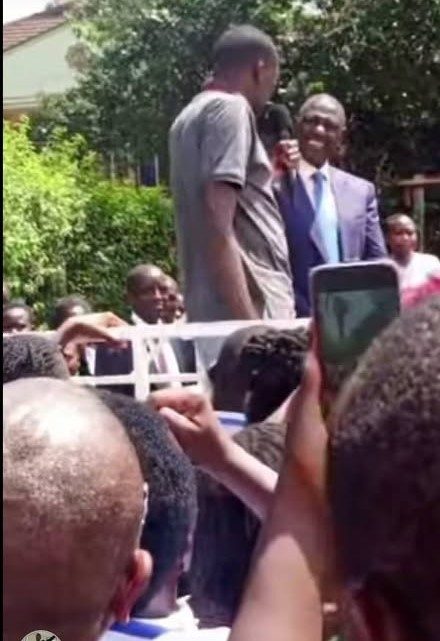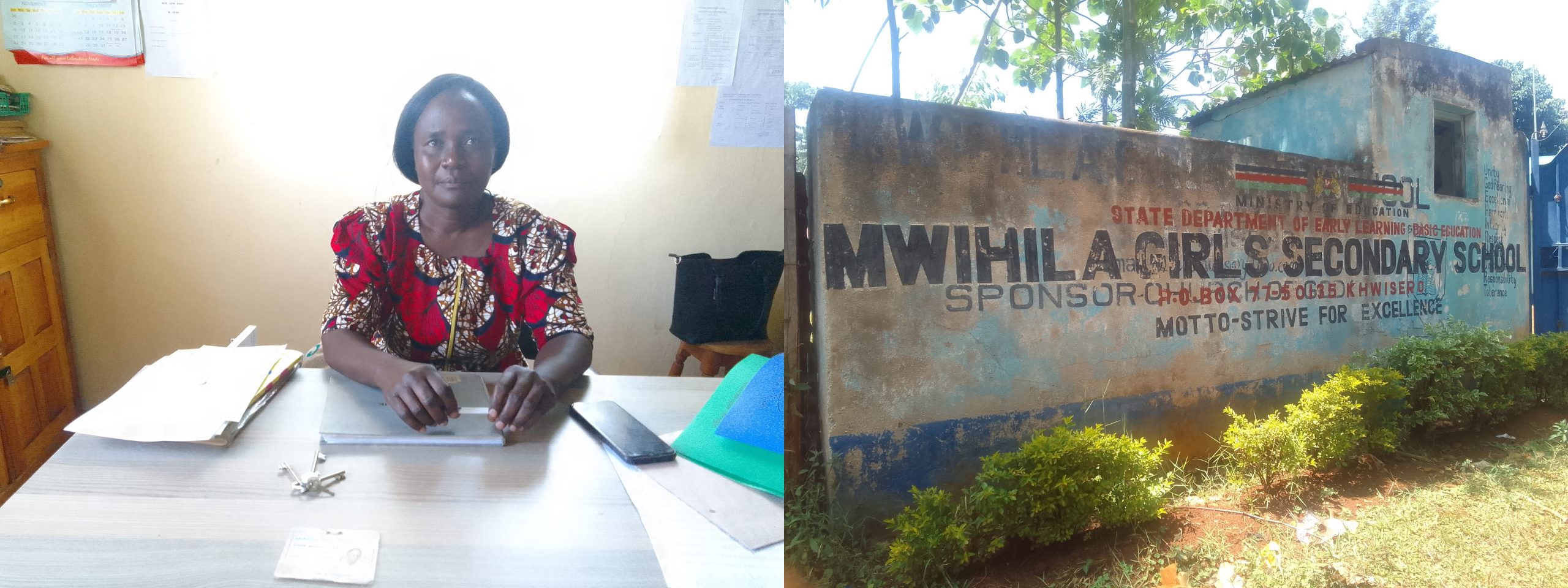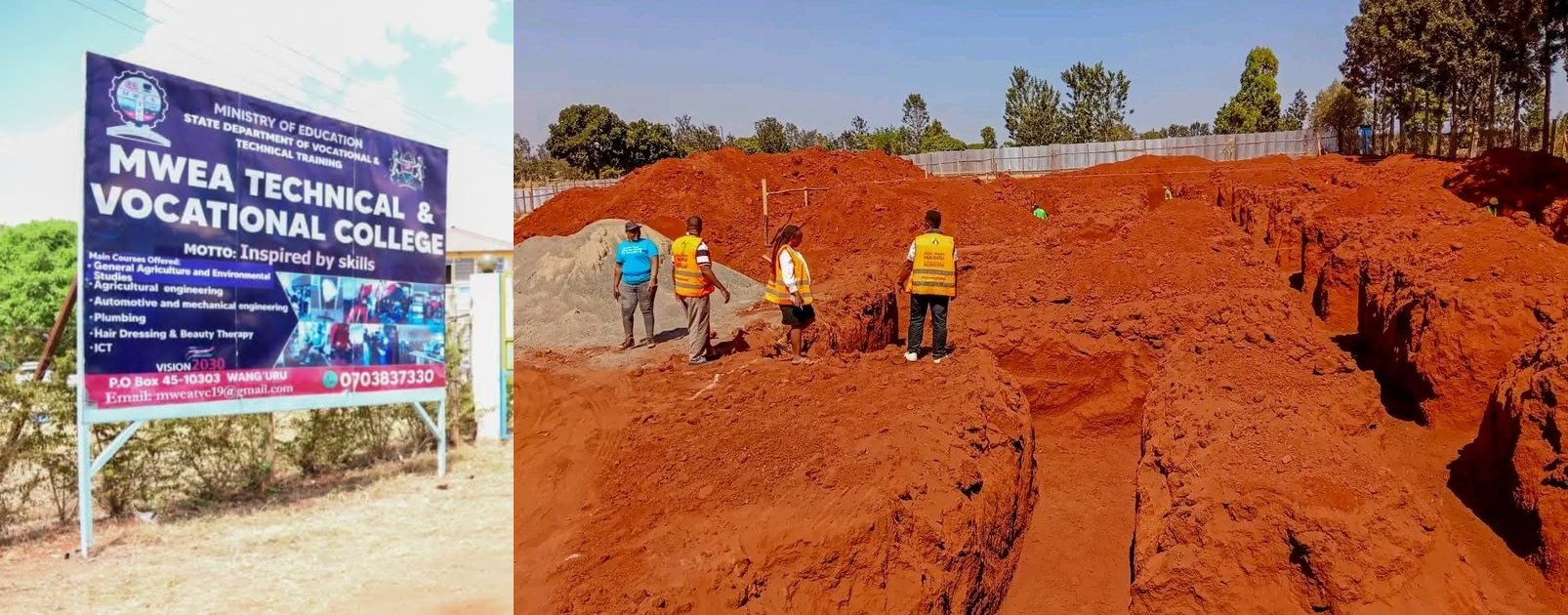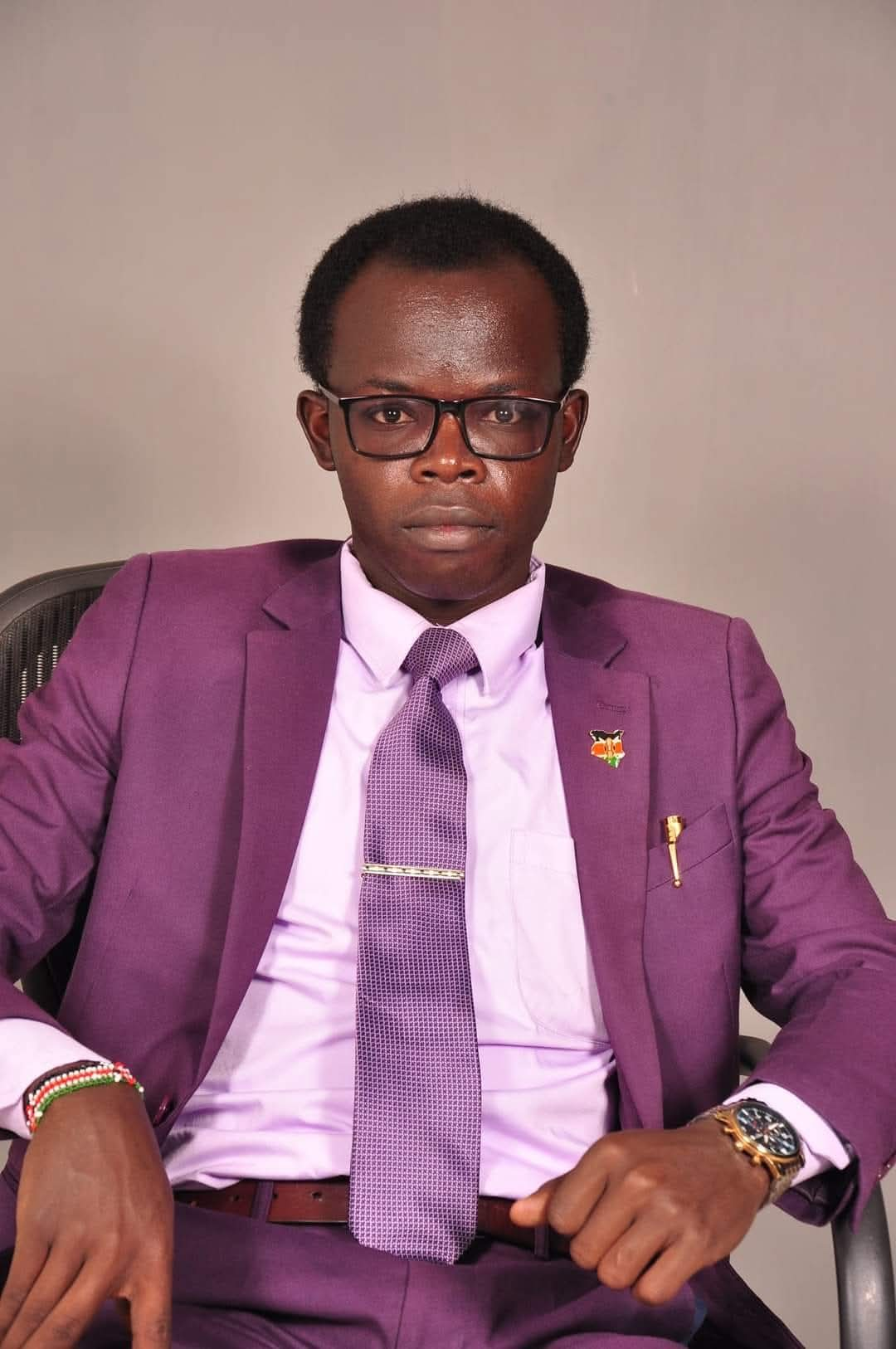In a message by the Makueni County Intern Chair, Mwalimu Meshack, on behalf of over 20,000 interns, criticised senior JSS teachers—commonly referred to as “maestros”—for failing to represent the concerns of interns during the one-on-one meeting with the head of state.
“While autonomy is important, our confirmation was not even mentioned. It is disheartening that those who were supposed to represent all of us chose to raise only their own concerns,” one intern said.
The interns argued that, despite being the backbone of the Junior Secondary system, their grievances went unheard by the President, highlighting their prolonged service under 12-month contracts, earning Sh17,000 per month, with no medical cover, minimal job security, and limited career growth.
They stressed that job security, fair pay, and recognition are immediate issues affecting their livelihoods and morale, and vowed to continue pushing for these demands until addressed.
During the meeting, KJSEA examiners highlighted concerns about financial and management autonomy for Junior Secondary schools, noting that JS sections operating under primary school administrations limit efficiency and accountability.
The teachers proposed independent head teachers, separate vote-heads, and full decision-making powers for Junior Secondary, emphasising that autonomy would improve operations and learner outcomes.
READ ALSO:
President Ruto acknowledged the concerns, noting that his administration had invested heavily in staffing for Junior Secondary schools.
“Under my leadership, we have hired many JSS teachers—almost 80 percent of those hired recently are JSS teachers,” he said.
He assured teachers that autonomy issues would be addressed and promised to work with the Teachers Service Commission (TSC) to issue policy guidance despite the commission’s independence.
“I have listened to you and I think you have a point, and I will work on it. I will address the autonomy. Please don’t push me against the wall,” the President added.
Despite assurances on autonomy, interns insist that their confirmation and fair treatment must be addressed as a priority.
They argue that the future of Junior Secondary education depends on motivated and recognized teachers, and they remain committed to continuing their advocacy until their demands are met.
By Philip Koech
You can also follow our social media pages on Twitter: Education News KE and Facebook: Education News Newspaper for timely updates.
>>> Click here to stay up-to-date with trending regional stories
>>> Click here to read more informed opinions on the country’s education landscape






